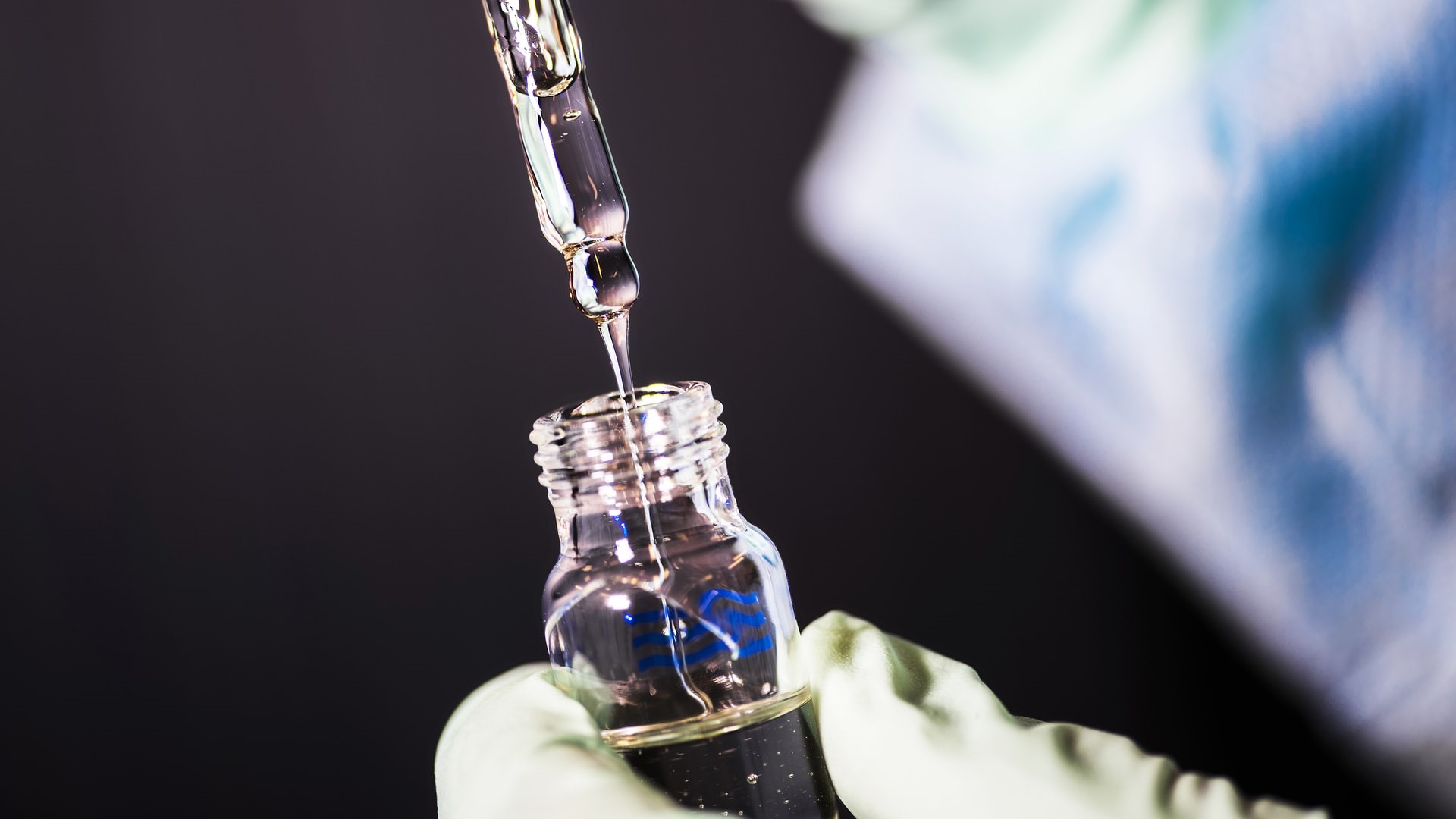MWC researchers discover new path to potential anti-cancer, antibiotic drugs
23 September 2020
A team of MWC investigators has gained some key new insights into the molecular assembly of certain anti-cancer and antibiotic molecules - paving the way for the design of more effective drugs to treat cancer or antibiotic-resistant superbugs.

MWC Associate Investigators Professor David Ackerley and Dr Jeremy Owen, with the research led by Affiliate Investigator Dr Mark Calcott, are the team at Victoria University of Wellington's School of Biological Sciences that has made the new finding.
"This has potential to be quite a big deal, as it opens the way to rationally redesigning antibiotics at a genetic level to counter the spread of antibiotic-resistant superbugs, as well as making analogues of anti-cancer drugs to improve activity or reduce toxic side effects," says Professor Ackerley, the University's Biotechnology programme director.
"If we can efficiently make analogues of these compounds by re-engineering the genetic blueprints for the assembly line that makes them, then we can much more rapidly explore new and improved drug candidates. It also offers prospects for a much more cost-effective way of making any improved drugs we discover."
The team's paper, recently published in Nature Communications and selected as an 'Editors' Highlight', shows they can make new molecules without having to alter the part of the "assembly line that houses the hypothetical proofreading machinery."
For further details, please see the full research paper and accompanying media release.